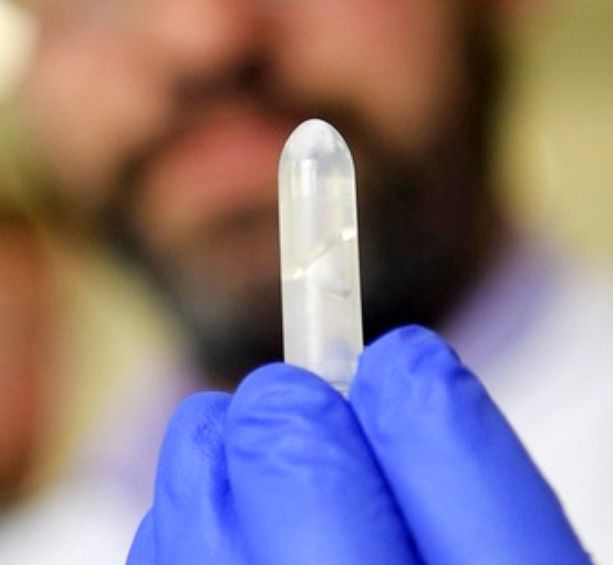The UK's Defence Science and Technology Laboratory and the US Department of Defe

 Back
Back
2023/03/17 11:00:27
The UK's Defence Science and Technology Laboratory (Dstl) is working with UK biotech company Touchlight Genetics, the US Department of Defense's Office of Global Naval Research (ONRG) and the University of Utah on a biological battery powered by deoxyribonucleic acid (DNA). The project, funded by Dstl and ONRG, started in 2017. Touchlight Genetics is currently working on mass-producing DNA, and the University of Utah is studying enzyme optimization and cascade evolution.

The UK's Defence Science and Technology Laboratory and the US Department of Defence are jointly developing the bio-battery
Petra Oyston, head of synthetic biology at Dstl, said that the development of alternatives to electric batteries is needed in the context of the huge demand for electric batteries for national defense. Batteries currently used by soldiers contain large amounts of energy in the form of chemicals, which can explode and burst into flames if they are hit. The biological battery being studied is made of DNA, enzymes, lactic acid and water, and if hit, it just splatters, giving it a significant safety advantage. At the same time, battery forms can be innovative design, such as large batteries, small batteries, and even coated batteries.
Biobatteries use enzymes to degrade natural products such as lactic acid and release electrons for energy capture. Patrick Rose, chief scientist at ONRG, noted that the large number of electronic devices that warfighters carry with them during military operations means that they need to carry sufficient batteries to meet their power needs, and biobatteries provide a more environmentally friendly power supply process. The implications for national defense and society are broad.
According to Tom Adie, head of Touchlight Genetics, biobatteries can be reassembled on demand, are energy-dense, portable, and can be reassembled in both seawater and fresh water, making them suitable for most applications.








 Previous
Previous



